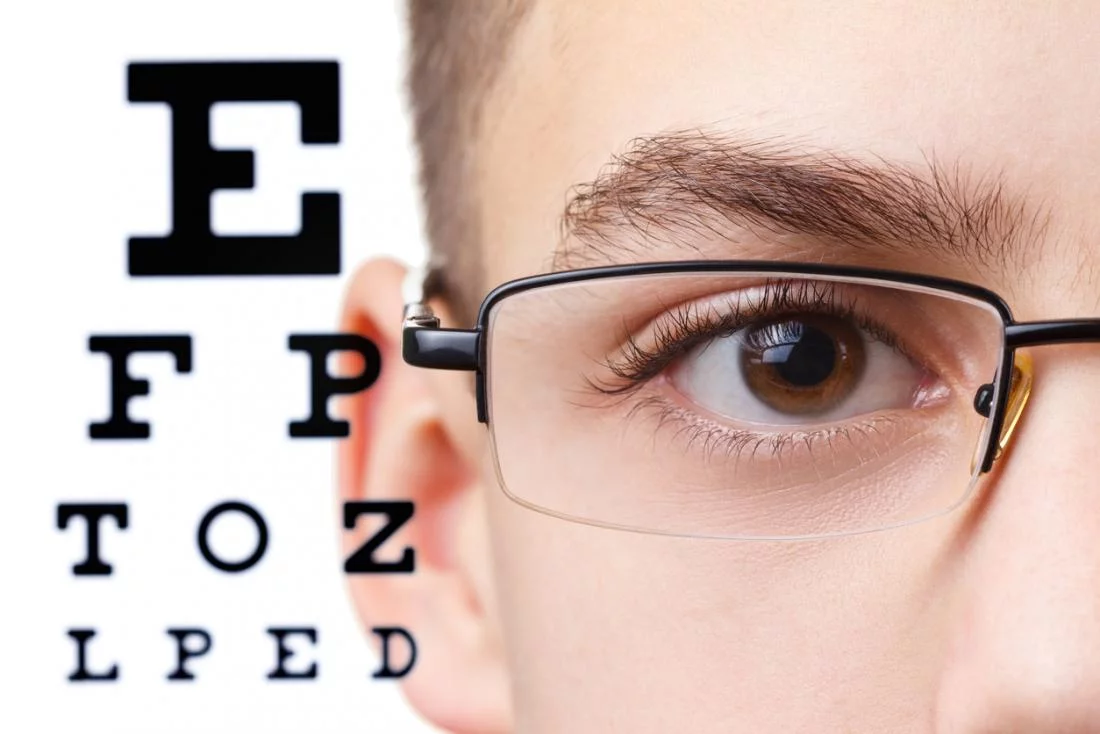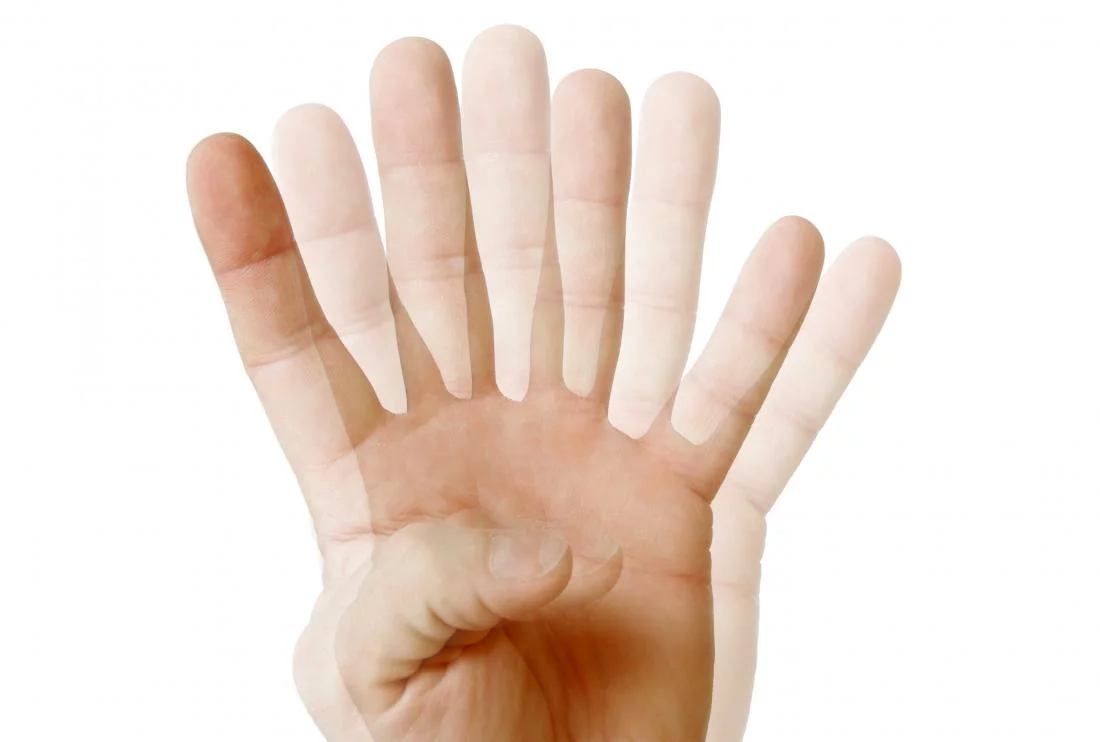Cataract Treatment in Ayurveda Without Surgery
Strengthen the nerves and tissues of the eye in initial Cataract with Ayurvedic Treatment for Cataract & Panchakarma Therapies
A cataract is one of the most common eye diseases that affect millions of people in India every year. And there are hundreds who end up with partial or complete blindness due to late or improper treatment. Ayurvedic cataract treatment offers an easy and economic way to those people. It treats cataracts by root, removes them with herbal medication, and improves the overall eye health of the patient for a much lesser cost than allopathic treatment. For these reasons, it is one of the most recommended cataract treatments
Cataract Treatment in Ayurveda Without Surgery
Strengthen the nerves and tissues of the eye in initial Cataract with Ayurvedic Treatment & Panchakarma Therapies
A cataract is one of the most common eye diseases that affect millions of people in India every year. And there are hundreds who end up with partial or complete blindness due to late or improper treatment. Ayurvedic cataract treatment offers an easy and economic way to those people. It treats cataracts by root, removes them with herbal medication, and improves the overall eye health of the patient for a much lesser cost than allopathic treatment. For these reasons, it is one of the most recommended cataract treatments
Table of Contents
Toggle
What is Cataract?
A cataract in the eye is a dense, cloudy area that forms in the lens of an eye. The retina works by converting the light that comes through the lens into signals. In this disease, a protein appears in the eye and forms clumps that prevent the lens from sending clear images to the retina, hence it is unable to send the signals to the optic nerve, which carries them to the brain. This disease appears slowly with time and then eventually interferes with your vision. Cataracts are common in older people. If a person is over 60 and the vision has gotten blurry or cloudy, then this might be because of cataracts. The cure is possible with cataract treatment in Ayurveda.
Ayurvedic Treatment for Cataract
In Ayurveda cataract is called timira or linga nasha. Aggravated Vata is considered to be responsible for the occurrence of this disease. When the lens of the eye loses its transparency, vision becomes blocked. One of the properties of Vata is to make things dry up. This condition is known as a cataract. If diagnosed at an initial stage, Ayurveda can offer invaluable support in cataract management and natural treatment. During Ayurvedic eye treatment, the aim is to reduce the aggravated body energies and nourishing and strengthen the nerves and tissues of the eye. Various herbal ayurvedic medicines are used to cure cataract:
- Maha Triphala ghrita is usually prescribed as the cataract treatment in Ayurveda. Triphala provides nourishment and strengthens the nerves and other tissues of the eyeball whereas ghee is known to balance the aggravated Vata.
- Triphala choorna should be taken and add to it a tumbler of water in the evening. Cover and keep aside for 12 hours. Use this filtrate for both items of washing the eyes and taking it internally
- Chandrodaya varti is the external preparation used as cataract treatment in Ayurveda. It can be applied to the eyes. As it has a mild irritating nature, it causes lacrimation in the eyes and promotes blood circulation.
Home Remedies for Cataract
Along with cataract treatment in Ayurveda, there are few home remedies to cure cataract eye disease such as: Take 1 tsp Triphala powder with boiling water at sleep time. Mix dhaniya 100 g, dark pepper 10 g, almond 100g, fennel 100g. Take 1 tsp with a drain at sleep time. Some sugar can be included if you are not diabetic.
Types of Cataract
- A nuclear cataract is one of the cataract types that form in the middle of the lens and causes the nucleus to become yellow or brown
- Cortical cataracts are wedge-shaped cataract types that form around the edges of the nucleus.
- Posterior capsular cataracts form faster than the other two types and affect the back of the lens.
- Congenital cataracts are the cataract types that are present at birth or form during a baby’s first year and are less common than age-related cataracts.
- Radiation cataracts can form after a person undergoes radiation treatment for cancer.
Causes or Symptoms of Cataract

Blurred Vision

Poor Vision from One Eye

Night Blindness

Double Vision
Diagnosis of Cataract
The eye doctor will give conduct various exams to test to determine whether you have a cataract:
- Visual acuity test - A visual acuity test uses an eye chart to measure how well you can read a series of letters. Your eyes are tested one at a time, while the other eye is covered. Using a chart or a viewing device with progressively smaller letters, your eye doctor determines if you have 20/20 vision or if your vision shows signs of impairment.
- Retinal exam - To prepare for a retinal exam, the eye doctor puts drops in your eyes to dilate your pupils. This makes it easier to examine the retina of your eyes. Using a slit lamp or a special device called an ophthalmoscope; your eye doctor can examine your lens for signs of a cataract.
Diet, Lifestyle Changes and Cataract Prevention
There are various methods or tips for cataract prevention such as:
- Good food sources of vitamin E include sunflower seeds, almonds, and spinach...
- Other studies have shown antioxidant vitamins such as vitamin C and foods containing omega-3 fatty acids may reduce cataract risk.
- Another cataract prevention tip is to wear protective sunglasses that block 100 per cent of the sun's UV rays when you go outdoors.
- Be consistent with your eye check-ups.
- Avoid direct contact with toxic chemicals, X-Rays, IR rays.
- Stop smoking
- Maintain a healthy weight
- Keep diabetes and other medical conditions in check
- Ghee should be added to our daily routine as it is highly recommended in cataract.
- Cow’s milk, butter, rice, wheat, moong dal, banana, methi, spinach, grapes, pomegranates, apples, and oranges are also recommended.
- Cataract patients should avoid pungent, bitter, sour and saline food.
- They should also avoid excessive heat and exposure to the sun.
- Avoid excess worry, anxiety, and anger because it aggravates Vata and pitta doshas.
Why Choose Prakash Nethralaya?
50,000+ Patients Successfully Treated
Experienced Doctors
Uses Holistic Strategy
100% Effective and Natural Medicines
Investigates The Root Cause
Our Approach for Cataract Ayurvedic Treatment
Ayurvedic Treatment For Cataract
Our sole aim is to eliminate cataracts by root and provide lasting relief to the patient. And to meet this aim we use Panchakarma therapies, medication, and lifestyle modifications in varying combinations. Every treatment plan is designed according to the patient’s age, medical history and extent of disease. Every aspect of a patient’s health is given due consideration before and during the treatment.
Success Stories of Cataract Treatment
Priyamvada Mishra
I came to Prakash Nethralaya with a cataract in both eyes and I couldn’t be happier with the results. Dr Dinesh talked me through the process and made me feel at ease at each step of the process. Finally, after the completion of treatment, I can see things clearly which had become a rare luxury in the last few months. Thank you, Dr Dinesh, thank you Prakash Nethralaya.
Kalyan Singh Gurjar
I had a cataract in my left eye for the last years now and I couldn’t be happier with the results. I can finally see clearly with both my eyes and the credit goes to Dr Dinesh and his team. God bless the doctors and their miraculous hands.
Frequently Asked Questions
Can Ayurveda treat Cataract?
Ayurveda offers the best and safest cataract treatment. It takes an all-round approach to the problem that involves detoxification of the body through panchakarma therapies, diet changes, and some lifestyle modifications.
Is there any permanent cure for Cataract in Ayurveda?
Yes, there is. It is the reason why Ayurveda is a recommended stream for cataract treatment. Ayurvedic therapies and medicines can cure cataracts permanently without any side-effects.
How to treat cataract naturally?
Cataract natural treatment includes Ayurvedic therapies and medications. Ayurveda cures cataracts through herbal medications and various Panchakarma therapies.
